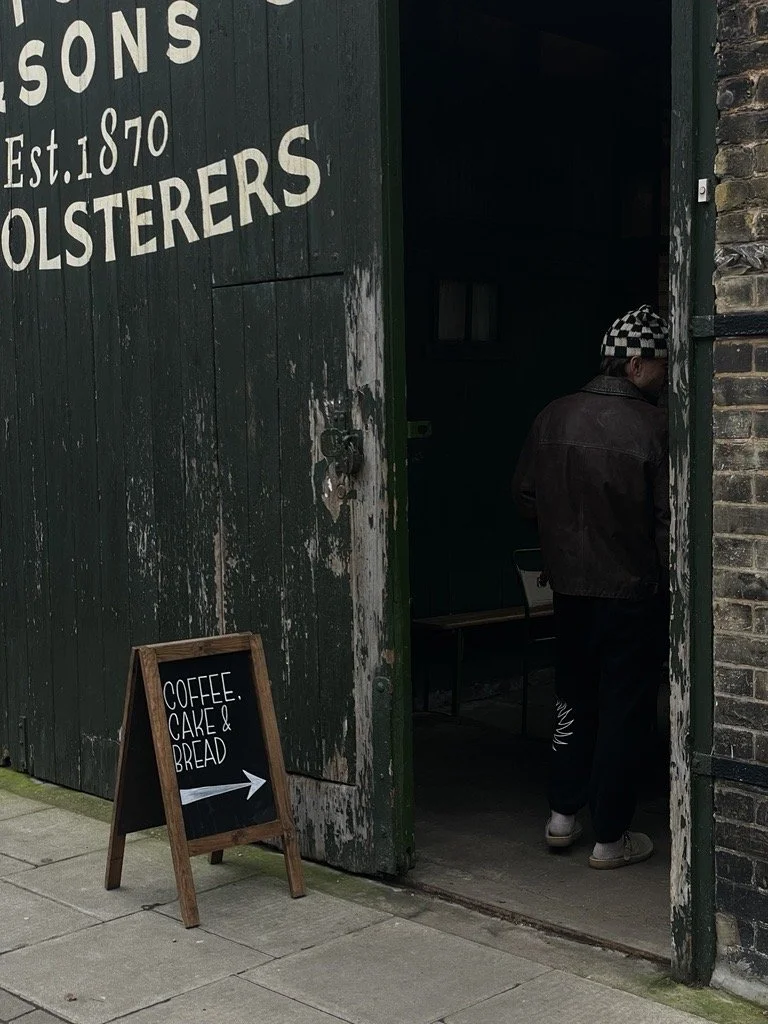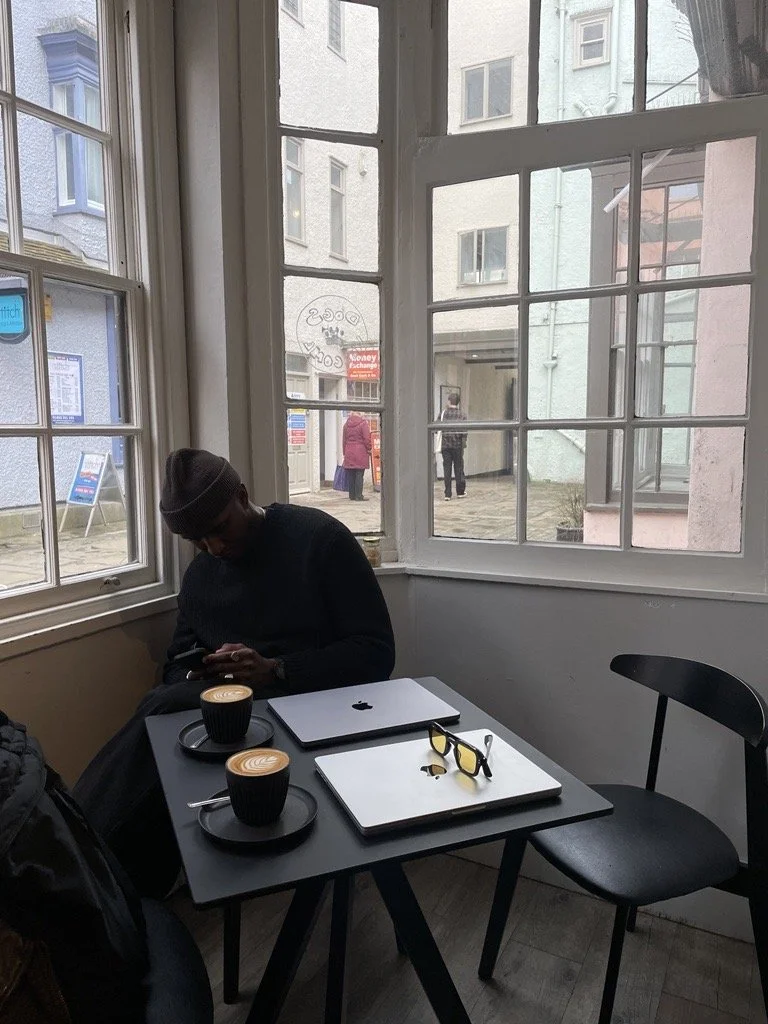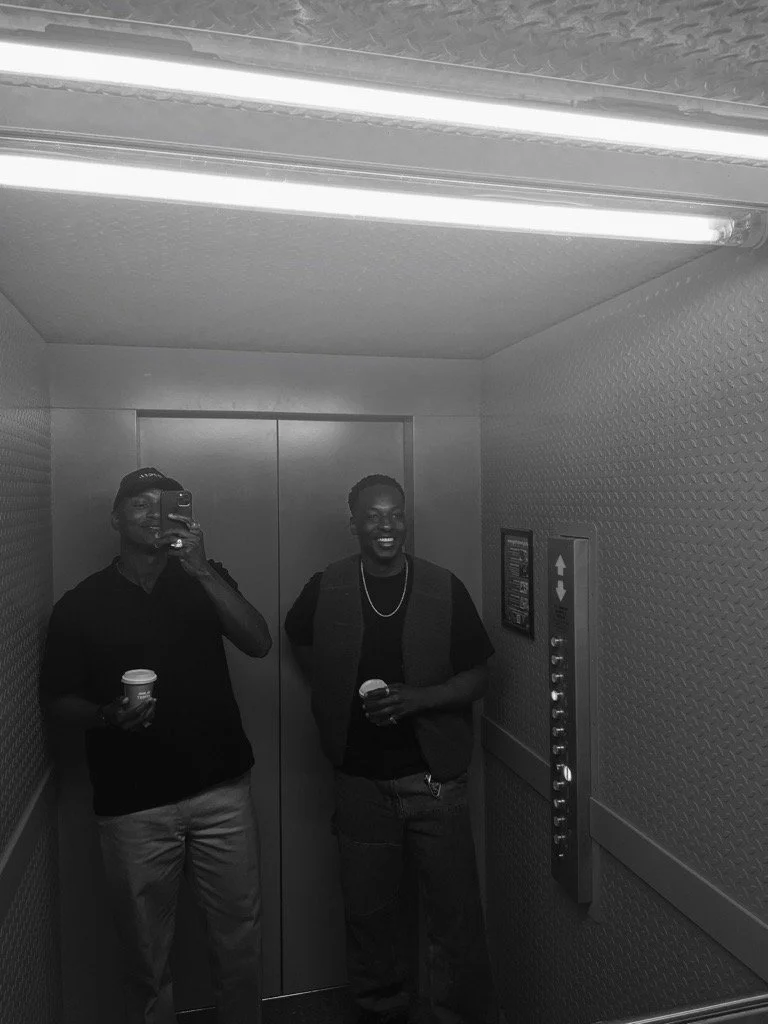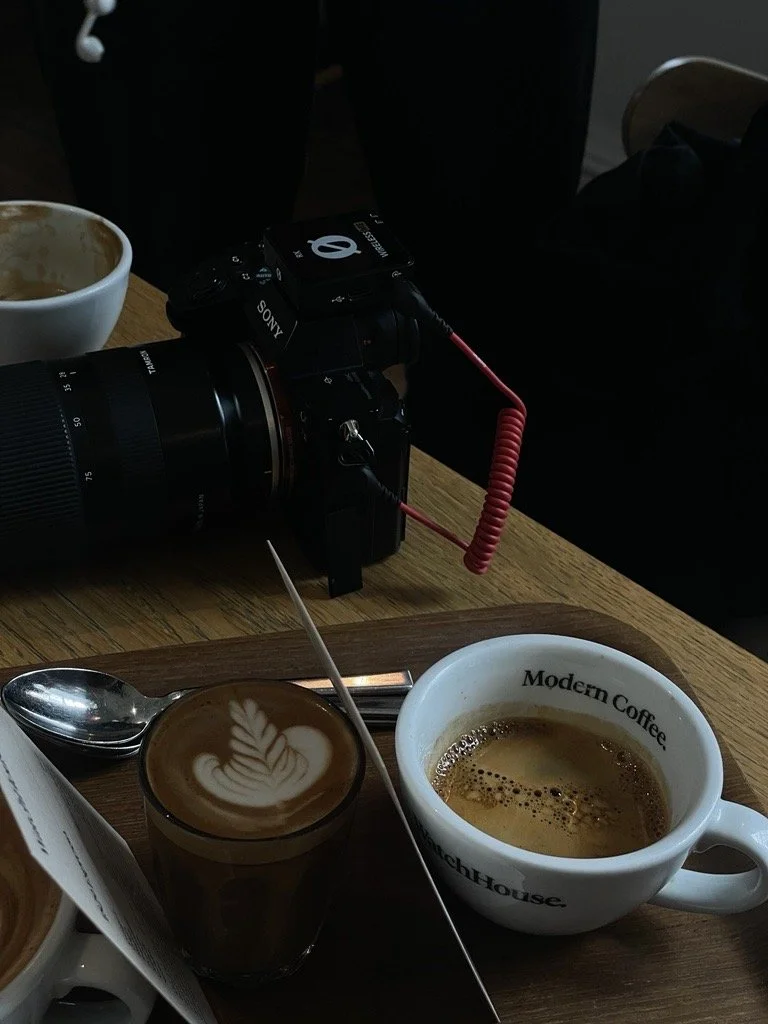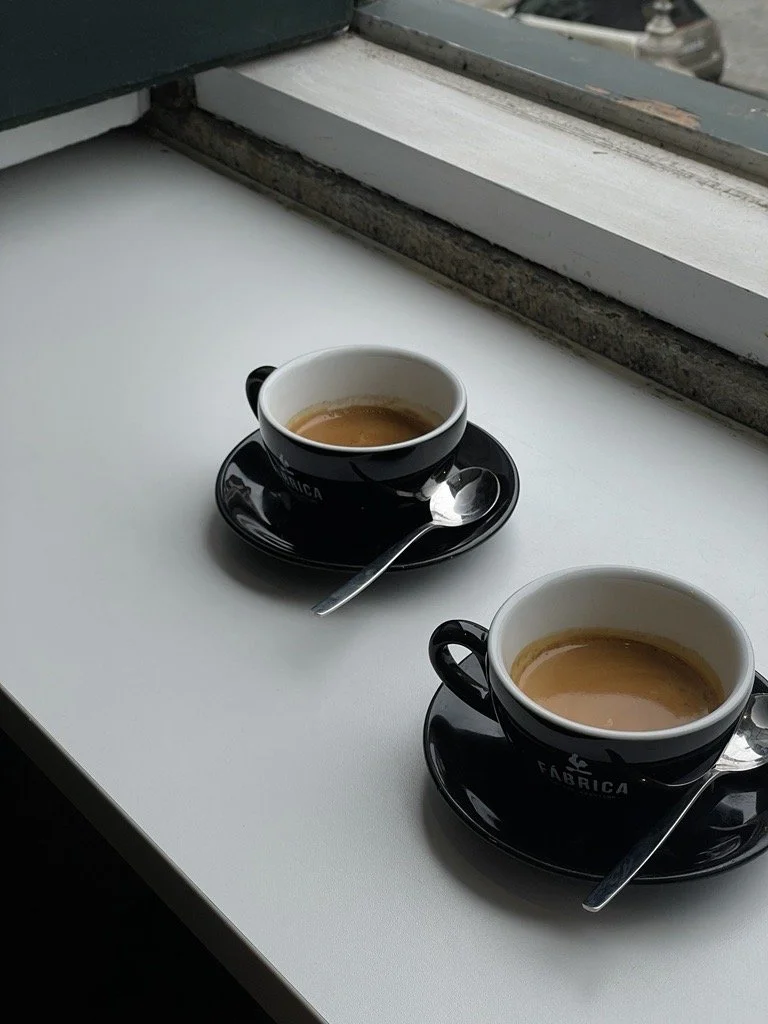“You Can’t Afford to Sell Bad Coffee in 2024.”
3 minute read…
I didn’t mean to say this out loud in a coffee shop recently but alas, it came out as I took a sip of, well you get it, bad coffee.
I remember my first excursion into the coffee universe back in 2014 when my friends, brothers, Jeff and Danny Barnett took me to what would become our favourite local independent coffee shop in Leeds (where I later managed to secure some temporary employment for a season), Mrs Athas. Run by the inspirational sneaker head and cultural icon, Warren Jones, he was Mrs Athas, he was the brand, he was Leeds. Warren embodied the culture, knew everything about everything, I remember our conversations where he would talk to me about his sneaker collection that lived in a vault firstly in his house than in another location, family life and business - he spoke to the dreamer and the visionary in me. Mrs Athas was where I sipped on my first and only mocha, followed swiftly by judgement eyes for ordering a mocha (not from Warren) - I wasn’t ready for the real thing. Jeff and Danny coached me, though, how did they know?! I was their elder, I should have been teaching them! Two boys from Sunderland (shout out Sun’lan) yet cultured. On our next visit, I graduated to the latte. I needed sugar at first, soon the flat white (without sugar) became my staple, then I was sold to the cause. Now I enjoy a V60 when I’m at rest and contemplating life.
I’ve been thinking however about the last decade, and about how coffee culture has filtered (I’ll be here for the remainder of the week) into every corner of urban life, transforming from a mere morning ritual into a significant social phenomenon. Today, the local coffee shop does more than just dispense caffeine, it serves as a communal hub, a workspace, and a key player in the daily lives of millions of us – for my crew and it’s a gateway to the heart of a new city. The baristas, often the first storytellers, guide us – great for someone like me who relies on their local insights. Their places of vocation are the signpost to everything in that city and tells us everything we need to know about the time we will spend there. The proliferation of these places, and a discerning clientele means that serving a bad cup of coffee is not just a minor misstep – it’s detrimental to business.
This transformation in the culture is reflective of broader shifts in consumer behaviour. Customers today, empowered by vast choices and elevated expectations, demand excellence not only in their coffee but also in all aspects of brand interaction. That’s right, you know this thought piece isn’t about coffee (not entirely anyway) - the audience today is more informed than ever, they are discerning, and they can be unforgiving. In a landscape brimming with competitors, a failure to have difference and opinion in your sector will force consumers to take their loyalty elsewhere.
Just as coffee enthusiasts can distinguish between a robust, meticulously brewed espresso and a burnt, hastily prepared one - modern consumers can instantly spot the difference between authentic, well-crafted brand communications and those that are disingenuous or lacklustre. Brands, like baristas, are expected to craft experiences that not only meet but beat expectations. The margin for error seems minimal, and the cost of failure is far too significant if you’re asking me.
Your outward facing brand is a direct representation of your brand’s quality, values, and attention to detail. Here are some thoughts around why strong branding and communication are non-negotiable in the modern business landscape:
1. Amplified Consumer Expectations: The modern audiences expect brands to deliver not only high-quality products and services but also compelling, consistent brand messages. The digital age has raised consumer expectations; they now seek transparency, authenticity and alignment with their values in every interaction. They want to get to know you before getting in touch or visiting.
2. We Have Options FYI: Hyper-connected consumers dissatisfied with one brand can easily find another. A brand that fails to engage effectively is like a flat white that disappoints, both are quickly abandoned for more satisfying alternatives.
3. The Visibility of Customer Satisfaction: Social media and review sites amplify consumer voices regarding brand experiences. Poor branding efforts can lead to negative reviews and social commentary that can significantly damage your organisation’s reputation.
4. The Value of Brand Loyalty: As a brand you want regulars. You want a loyalty card vibe – consumers are loyal to brands that consistently meet their expectations and make them feel valued. Effective branding creates emotional connections, turning casual buyers into loyal advocates.
5. Difference: A key theme in our studio’s thought pieces because of our pursuit of uniqueness. For our clients and collaborators, this is fundamental. Come on, do something no one else is doing in your space.
I summarise, you can’t afford to sell bad coffee in 2024. Neither can an organisation afford to have weak brand. Each touchpoint must speak to us, neglecting this can result in lost opportunities and diminished brand equity.


